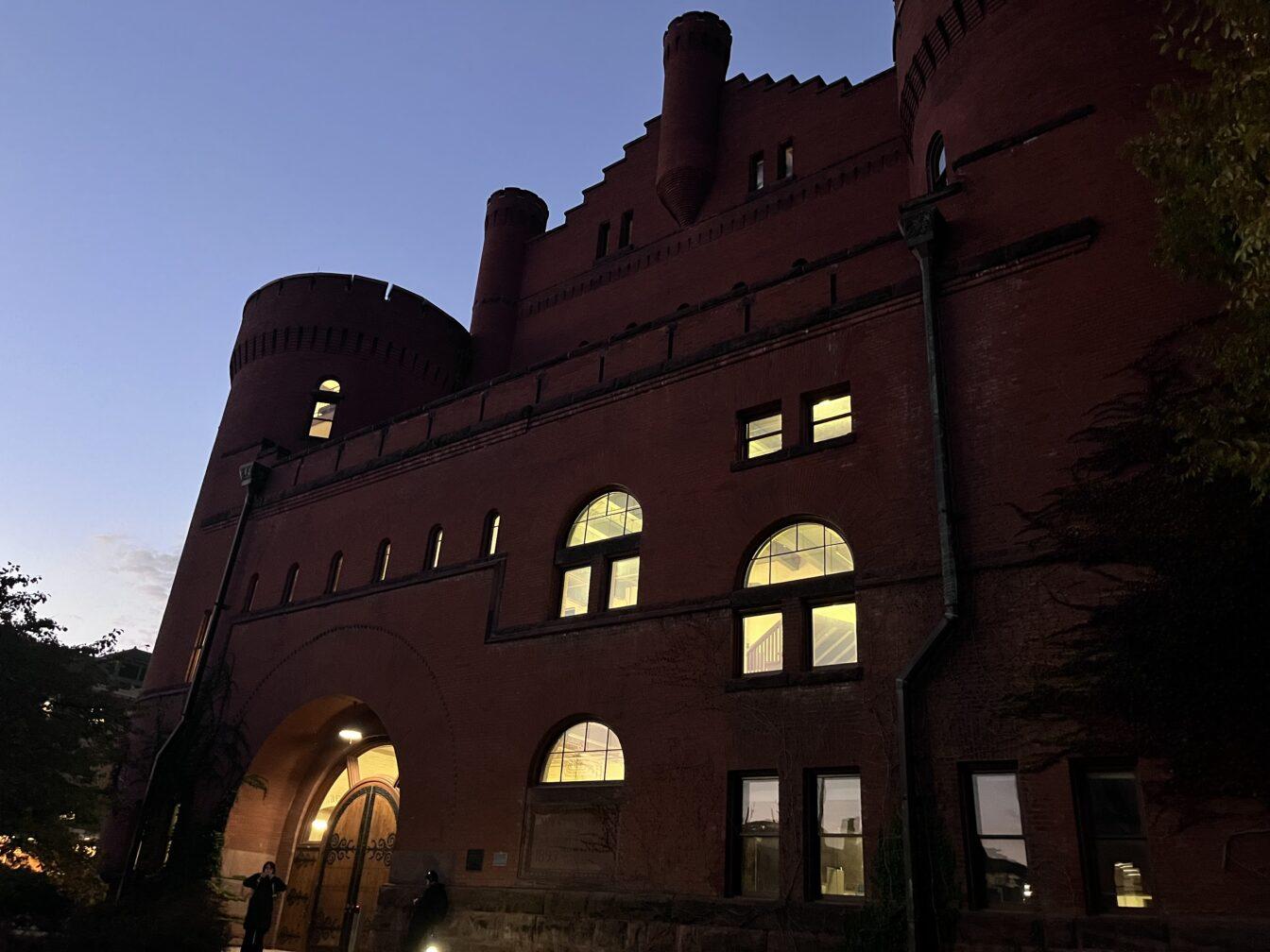The Equal Protection Project, an anti-affirmative action group, filed a complaint Jan. 22 against the University of Wisconsin’s Community-Engaged BIPOC Fellows program on the grounds of racial discrimination.
Founder of the EPP and Cornell Law School professor William A. Jacobson said he believes the scholarship is unlawful.
“It doesn’t matter who it discriminates against or in favor of, we are against racial discrimination,” Jacobson said. “We believe that this is unlawful and that’s why we challenged it.”
Ankita Bharadwaj, whose comments are not affiliated with the university, is a radio talk show host, UW Law School alum and BIPOC employee retention specialist in the Office of Human Resources.
The language of the law does make it illegal to discriminate based on race, Bharadwaj said. But, the laws are drafted to protect against negative discrimination — discrimination that negatively impacts certain groups. The law does not always coincide with the right thing to do, Bharadwaj said.
“There is a right thing to do and then there’s a legal thing to do,” Bharadwaj said. “Sometimes those things are not the same. They’re not interchangeable. They’re separate. And to have a BIPOC scholarship is the right thing to do.”
Jacobson recognizes the scholarship as part of a diversity effort, but is against the program because he said there is a contradiction with the October 2022 U.S. Supreme Court ruling prohibiting affirmative action in higher education. Instead of using affirmative action policies, colleges should pursue outreach to a diverse applicant pool, Jacobson said.
“Wisconsin and other universities simply need to find better ways of achieving their goals, and we think society and schools will be better off when you don’t have people walking around feeling like they have been the victim of discrimination,” Jacobson said.
Bharadwaj emphasized the importance of Community-Engaged BIPOC Fellows program. Without people of color there would not be leaders for Google, Pepsi, Wayfair and many other companies, Bharadwaj said.
“People of color bring advancement,” Bharadwaj said. “People of color bring knowledge and it’s not because we are people of color. It’s because we come from varied backgrounds. It’s not about the color of our skin, it’s about where we come from and what we bring with.”
Editor’s Note: This article has been corrected to reflect that Ankita Bharadwaj works as a BIPOC employee retention specialist in the Office of Human Resources.



